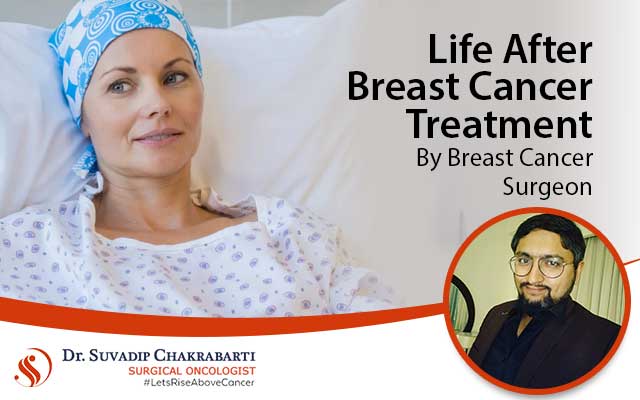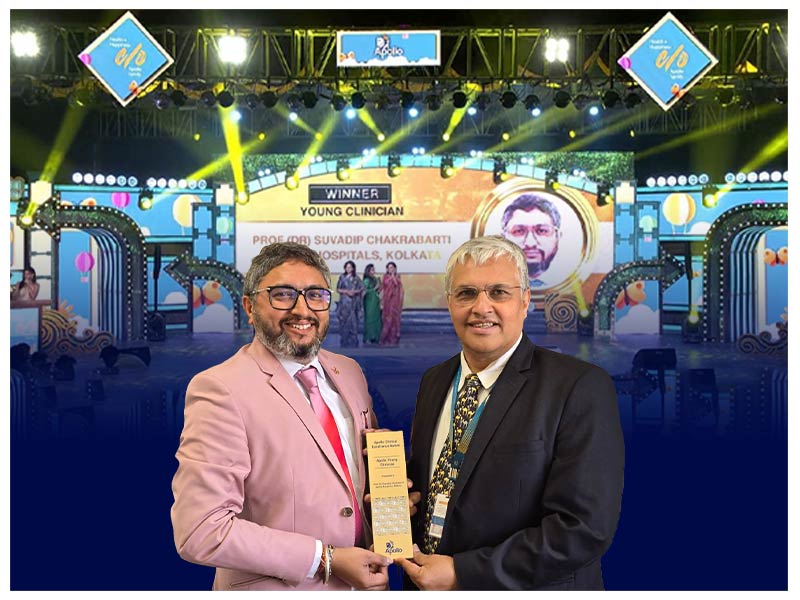So, you have completed your breast cancer treatment. It’s a relief and a reason to celebrate. You might anticipate your life to return to normal, but instead of returning to your old normal, you may have to adjust to a new one, says Dr. Suvadip Chakrabarti, a well-known breast cancer surgeon in Kolkata.
Breast cancer survivors can live a long and full life following treatment with today’s sophisticated treatment and early detection. Whether you have surgery, chemotherapy, radiation therapy, or hormone therapy, your body still requires time to recuperate.
Side effects of breast cancer treatment
Although your treatment is over, you may still have some physical side effects, such as hair loss after chemotherapy. You may also experience body image concerns following breast cancer surgery.
Your cancer therapy may also have long-term consequences for you. The side effects differ from person to person. Some examples are:
Fatigue
Feeling exhausted or tired is a common complaint of patients in the first year of recovery after breast cancer treatment, says the breast cancer doctor in Kolkata. Some strategies for dealing with weariness include:
• Seeking assistance
• Taking short rests or naps in between activities
• Schedule your activities around the times of day when you feel the most energized
Chemo brain or brain fog
The phrase “chemo brain” refers to the memory and thinking impairments that might occur during and after chemotherapy treatment. During medical treatment, up to 75% of cancer patients have “chemo brain.”
One-third of those who receive treatment continue to have issues. Chemo brain may disappear 6 to 9 months following treatment, although it can remain for years in some patients.
Infertility
Radiation, hormone therapy, and chemotherapy can all have an impact on your reproductive system and fertility:
Some chemotherapy medicines can cause your menstrual cycle to cease (amenorrhea). A study of 1,043 female cancer survivors aged 20 to 35 found that 31.6 percent had amenorrhea. However, after two years of treatment, most of them (70 percent) resumed their periods, says the specialist of breast cancer surgery in Kolkata.
Women over 30 who were diagnosed with cancer are more likely to have irregular periods following their short amenorrhea. This could indicate ovarian damage or early menopause (peri-menopause).
If you intend to have children following treatment, discuss your options with your doctor and a infertility specialist. Some medications may protect your ovaries from the effects of chemotherapy, allowing you to keep your fertility.
Quality of life
Surviving breast cancer may result in a beneficial shift for some people. You can make a healthy lifestyle and dietary adjustments, such as exercising more and eating healthier. Your activities may also inspire your friends and relatives to adopt better lifestyles.Some breast cancer survivors experience spiritual or personal development. After beating cancer, you may feel a sense of personal strength and greater confidence to help you achieve your goals, says Dr. Suvadip Chakrabarti, the breast cancer surgeon in Kolkata.


